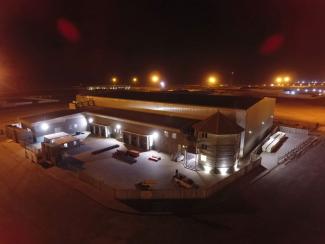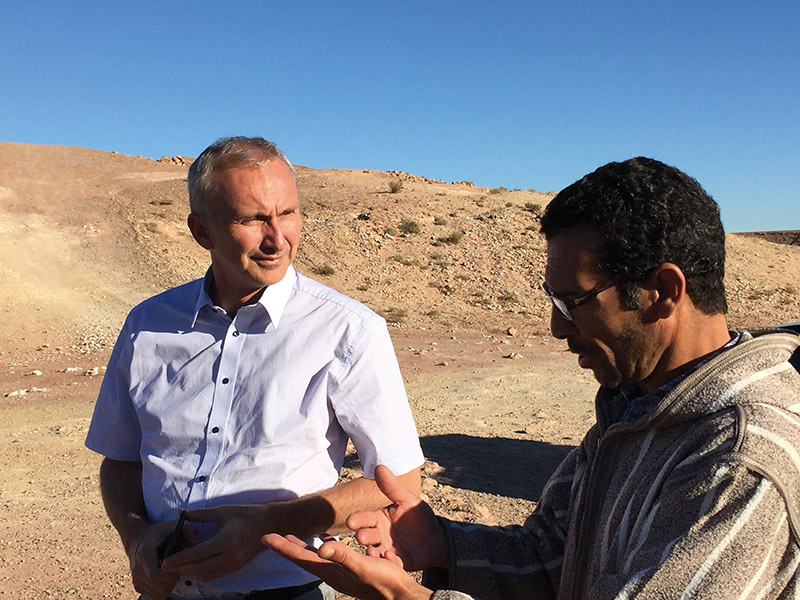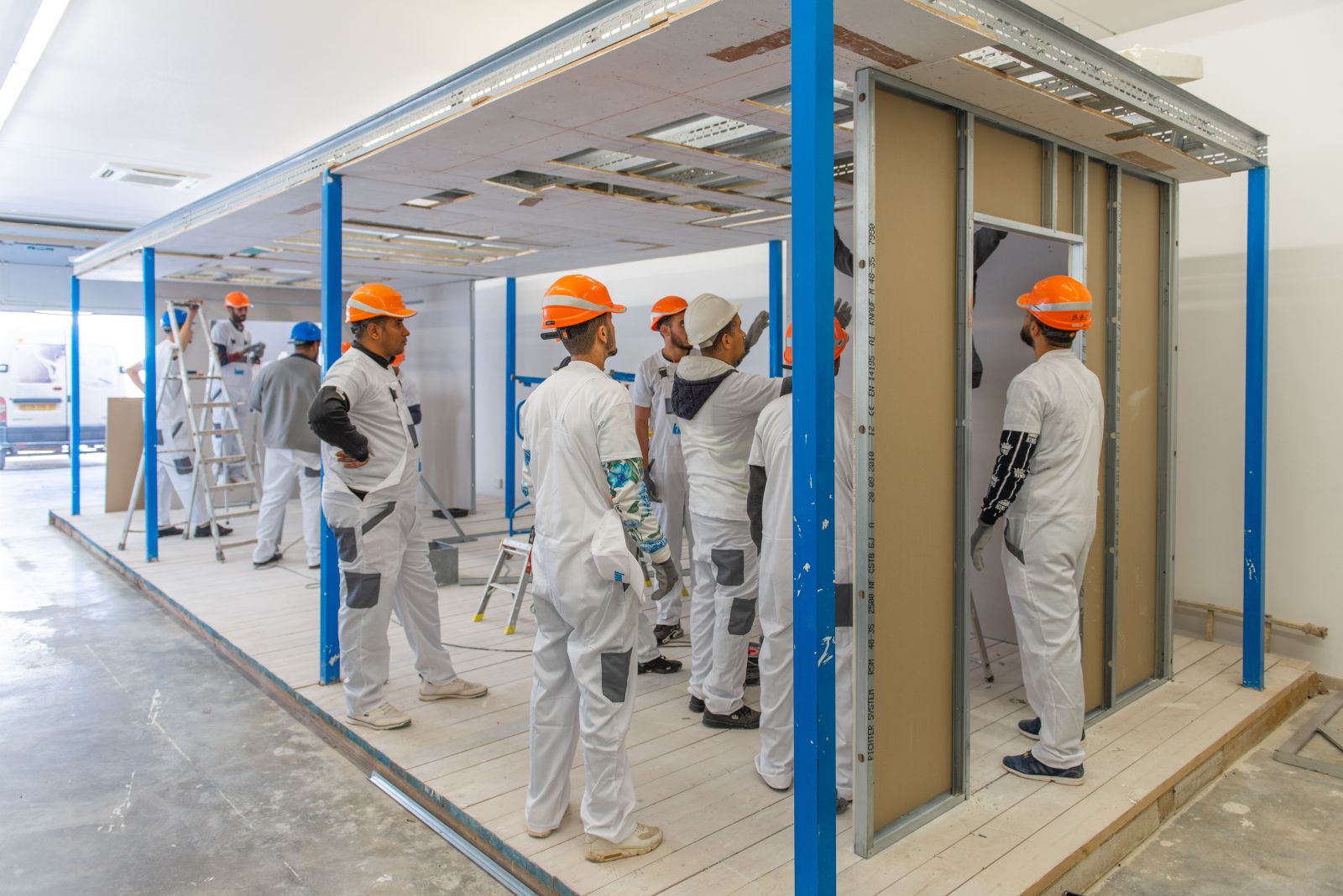Private sector
Sustainability pays

DEG funds and supports businesses in developing countries, but also provides advice on the opportunities that go along with environmental and social sustainability. Successful companies provide ample evidence.
For example, a company can use waste to generate power, which helps to reduce costs and can even become a business model in itself. In Mexico, DEG is financing a leading wood-processing company which diversified into producing medium-density fibre (MDF) boards. For this purpose, the company uses other companies’ saw dust as well as small pieces of wood that result from the sustainable management of municipal forests. The MDF boards are certified according to North America’s Eco-Certified Composite (ECC) Sustainability Standard. Moreover, the company has set up a bio-mass plant to generate electricity and heat. This will reduce carbon emissions in nearby municipalities, where the use of diesel generators was previously common. DEG gave advice on how best to combine MDF production and power generation.
Even companies that use up-to-date technology have scope for improving resource efficiency in production lines, buildings and logistics. Greater efficiency lowers costs. Deep Catch Trading is an example from Southern Africa. This company stores, transports and markets frozen food. The cooling system accounts for the lion’s share of its energy use. After advice initiated by DEG, several simple, but most effective investments were made in a warehouse and an office building in Windoek, Namibia. The measures included heat recovery, photovoltaics and insulation of the freezer-facility roof. The company reduced carbon emissions, and the investment costs were recovered within a few years.
The certification of products and production processes, moreover, gives companies access to additional markets. In southern Brazil, for instance, a DEG partner is doing forestry according to the sustainability standards of the Forest Stewardship Councils (FSC). Thanks to FSC-certification, its goods are now being sold in the USA.
It takes an extra effort to comply with international environmental and social standards in developing countries and emerging markets. The effort pays off, however, for example in terms of facilitating access to financial-service providers. This was confirmed last year by an independent consultancy which evaluated financial intermediaries on behalf of DEG.
Human resources matter too. Though this issue has not attracted much attention in sustainability discourse so far, managing staff in an appropriate way is essential for sustained success. Once more, Deep Catch Trading is an example. The company grew fast for two years, but then struggled to find competent new staff. Consultants helped Deep Catch to identify exactly what skills were needed, and on this basis the company defined requirement profiles for existing jobs as well as for positions yet to be created. Moreover, it developed training programmes concerning leadership, marketing and customer service. Deep Catch soon hired additional people, most of whom stayed with the company long term. As a result, profits are increasing.
Examples like these prove that environmental and social sustainability contributes to private-sector success in developing countries and emerging markets. The approach helps companies to prepare for future challenges, stay competitive and keep developing.
Martin Geiger heads the Department for Sustainability and Corporate Governance at DEG – Deutsche Investitions- und Entwicklungsgesellschaft, which is Germany’s development finance institution. It supports private-sector investments and is part of KfW, Germany’s governmental development bank.
martin.geiger@deginvest.de










